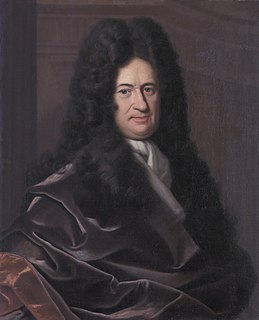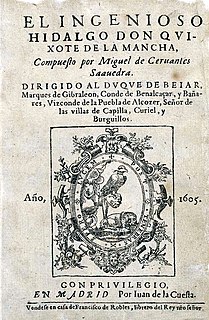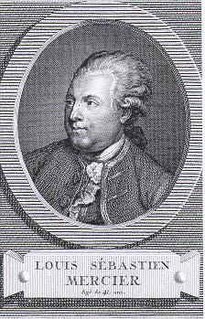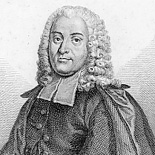This article includes a list of references, but its sources remain unclear because it has insufficient inline citations .(March 2011) (Learn how and when to remove this template message) |
Gilles Filleau des Billettes (1634 - 15 August 1720) was a scholar, member of the Académie des Sciences who corresponded with Leibniz. His personal copy of one of Leibniz's mathematical papers was rediscovered in 1956.

The French Academy of Sciences is a learned society, founded in 1666 by Louis XIV at the suggestion of Jean-Baptiste Colbert, to encourage and protect the spirit of French scientific research. It was at the forefront of scientific developments in Europe in the 17th and 18th centuries, and is one of the earliest Academies of Sciences.

Gottfried Wilhelm (von) Leibniz was a prominent German polymath and philosopher in the history of mathematics and the history of philosophy. His most notable accomplishment was conceiving the ideas of differential and integral calculus, independently of Isaac Newton's contemporaneous developments. Mathematical works have always favored Leibniz's notation as the conventional expression of calculus, while Newton's notation became unused. It was only in the 20th century that Leibniz's law of continuity and transcendental law of homogeneity found mathematical implementation. He became one of the most prolific inventors in the field of mechanical calculators. While working on adding automatic multiplication and division to Pascal's calculator, he was the first to describe a pinwheel calculator in 1685 and invented the Leibniz wheel, used in the arithmometer, the first mass-produced mechanical calculator. He also refined the binary number system, which is the foundation of all digital computers.















